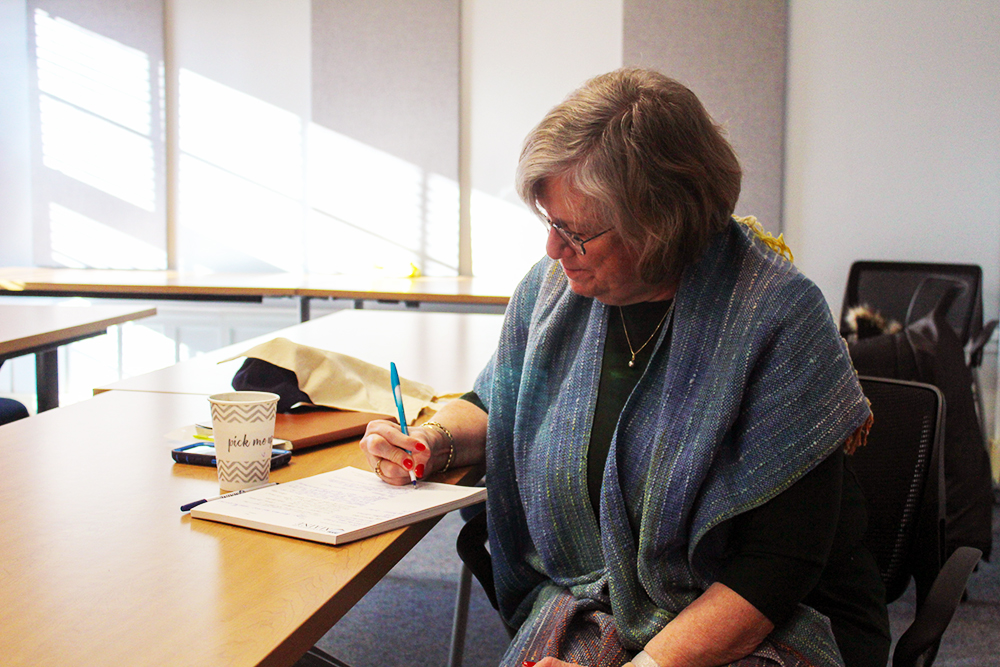Have you, over the course of your studies at the University of Maine, ever run into a Board of Trustees member with whom you could chat? This was the question Representative Janice Dodge asked of every student who went to Augusta to lobby in support of LD1656, the bill that elected students to represent us on the Board.
It’s a powerful question in the context of that bill, but it is also applicable to UMaine in other areas. How accessible are our campus administrators and leaders? Is there a relationship between administration and students at this university? While this question is asked specifically of the Board Of Trustees, I would like to apply it more broadly.
President Joan Ferrini-Mundy holds office hours about once per semester. This gives students, staff and faculty the chance to meet one-on-one with UMaine’s president regarding any issue they feel important to bring to her attention. I, for one, have made use of these office hours on two occasions. The most recent time I utilized these office hours, I brought up an issue that the president had no awareness of. Problems go unsolved on campus because they are unknown to those with the power and authority to fix problems, not because administrators don’t care.
Office hours provide the opportunity to raise awareness of issues on campus and communicate the effects of prominent issues to the administrators who hold the power to help alleviate these issues. While town halls are often seen as an outlet for students and staff to voice their opinions, students’ struggles can be personal and sensitive. This emphasizes the necessity of private office hours rather than public town halls. While infrequent, the president’s office hours resemble a model for administrators at UMaine to follow.
Max McDonough is a third-year Human Dimensions of Climate Change student who is a frequent attendee at the president’s office hours and an advocate for student issues. I interviewed him to ask about his experience with the president’s office hours and his opinion on the relationship between the administration and students.
“I have been to office hours for various reasons: divestment from fossil fuels, problems with the bursar’s office, lack of student representation on the board of trustees, issues with the dorm buildings and a few other things,” said McDonough.
McDonough is a core organizer for UMaine Climate Action. The ability to talk directly with administration can help connect entire clubs and movements with answers and accountability. Issues in dorm buildings are a great example of hidden problems the president may be unfamiliar with. It’s hard to imagine that administrators, who don’t have to walk half a mile to a dining hall, understand the issues with food accessibility on campus or the lack of plowing on weekends.
I could see everyone from the Provost to the head of facilities hosting office hours. There have been plenty of questions in regard to student safety this semester. When I met one-on-one with the head of the security council and the chief of police, I received incredible answers. It made me feel safer on campus, and it improved my relationship with facilities and the University of Maine Police Department.
Should certain roles at the university have office hours as a requirement of the job? Absolutely. I do not think it is enough just to be open to meeting with students. Administrators should have dedicated time for students and their concerns. Most faculty have dedicated office hours. It is time that all the administrators at UMaine do as well.




